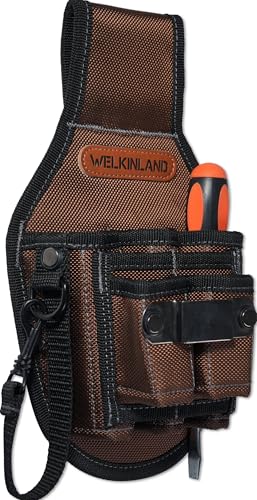Putting the risk in perspective (not to say it should be ignored):
This below the dotted line, is from the site --
http://www.consumerreports.org ... not a group known to downplay risks.
Note that the test on 30,000 removed bags (presumably the highest risk bags because recalls were done first on the oldest cars and cars in damp hot climates) works out to a 0.088% chance (let's call that "just below 1%") that any given bag is defective enough to explode. Not unreasonable to assume that newer bags or in cold dry climates are even lower risk.
--------------------------------------------------------------------------------------------------------------------------
"How important is that I respond to the recall?
All recalls, by definition, are concerned with safety and should be treated seriously. As with all recalls, we recommend having the work performed as soon as parts are available and the service can be scheduled. Since age has been established as a key factor in most of the Takata airbag ruptures to date, it’s especially important for owners of older recalled cars to get this work done. All recall work will have to be performed at a franchised dealership. Independent mechanics can't perform recall work.
Does it matter where I live?
According to NHTSA, yes. The Takata inflators seem to be vulnerable to persistent high humidity and high temperature conditions, such as in Florida, Georgia, South Carolina, the Gulf Coast states, Hawaii, and island territories. However, since a number of confirmed deaths have occured in places outside the priority recall area, this recall should not be ignored.
NHTSA organizes the American states and territories into three zones, as follows:
Zone A includes Alabama, California, Florida, Georgia, Hawaii, Louisiana, Mississippi, South Carolina, Texas, Puerto Rico, American Samoa, Guam, the Northern Mariana Islands (Saipan), and the U.S. Virgin Islands.
Zone B includes Arizona, Arkansas, Delaware, District of Columbia, Illinois, Indiana, Kansas, Kentucky, Maryland, Missouri, Nebraska, Nevada, New Jersey, New Mexico, North Carolina, Ohio, Oklahoma, Pennsylvania, Tennessee, Virginia, and West Virginia.
Zone C includes Alaska, Colorado, Connecticut, Idaho, Iowa, Maine, Massachusetts, Michigan, Minnesota, Montana, New Hampshire, New York, North Dakota, Oregon, Rhode Island, South Dakota, Utah, Vermont, Washington, Wisconsin, and Wyoming
How are repairs being prioritized?
Automakers are getting the replacement parts as fast as they can, and most are sending them to the high-humidity areas first. Northern and less-humid areas might need to wait longer for parts availability, depending on the brand. Contact your dealership to learn how soon the work can be performed. Keep in mind that, while you may not live in or have your car registered in one of the impated or priority zones, if it was previously owned by someone else, it may have spent time in one of them. In cases such as that, it's subject to one of these recalls.
What if I spend only a certain part of the year in a humid climate?
People who travel to the higher-risk areas in times of low humidity (such as snowbirds) are not at the same level of risk as those who live in those areas year-round, according to NHTSA. The agency is working with automakers to prioritize distribution and repairs.
Are the airbags in my car definitely defective?
No. Since 2002 only a very small number of some 30 million cars have been involved in these incidents. Between November 2014 and May 2015, Takata reported to NHTSA that the company had conducted more than 30,000 ballistic tests on airbag inflators returned pursuant to the recalls. In those tests, 265 ruptured. That is an unacceptably high number, and, at 0.8 percent, a far higher frequency than what has been seen so far in vehicles on the road. According to defect reports filed with the government, Takata said that as of May 2015 it was aware of 84 ruptures that had occurred in the field since 2002"

































